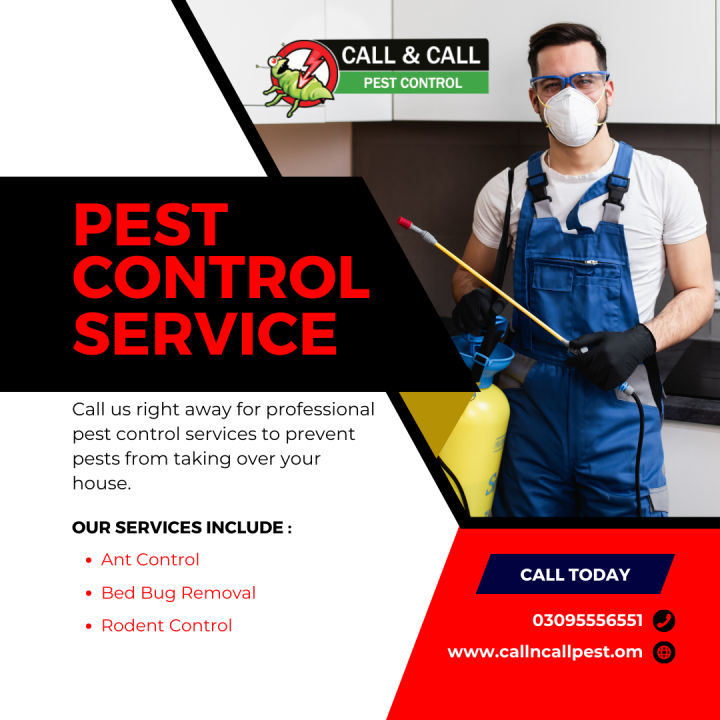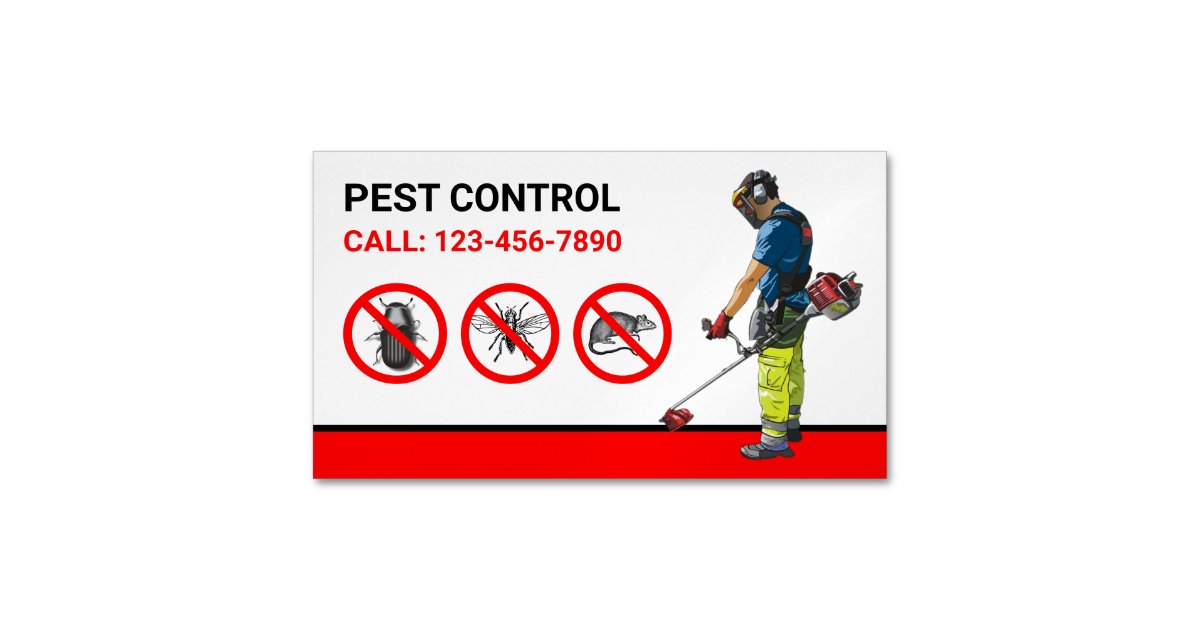Premier Pest Control Clovis Providers: Your Satisfaction
Comprehending the Various Techniques to Pest Control: A Comprehensive Guide

Natural Insect Control Techniques
Utilizing green strategies such as companion growing and organic pest control is vital for properly taking care of parasites in farming settings. Companion growing entails expanding various crops in distance to deter insects, enhance nutrient uptake, and improve total plant wellness. Planting marigolds alongside tomatoes can help ward off nematodes. Likewise, intercropping maize with vegetables can disrupt the breeding patterns of parasites like corn borers.
Organic pest control entails introducing natural killers or microorganisms to control pest populations. Ladybugs, for example, eat aphids, controlling their numbers without the demand for chemical pesticides. Another instance is using Bacillus thuringiensis (Bt), a microorganism that targets certain insect pests while being harmless to human beings, animals, and beneficial bugs.
These eco-friendly approaches not only decrease the dependence on synthetic chemicals yet also aid maintain biodiversity and soil health and wellness. By incorporating natural bug control strategies right into farming practices, farmers can achieve lasting parasite management while lessening negative influence on the atmosphere.

Chemical Bug Control Solutions
Along with all-natural pest control techniques, the use of chemical parasite control solutions plays a considerable function in properly handling pest populations in agricultural atmospheres. Chemical parasite control remedies are formulated to target specific insects that may trigger comprehensive damages to plants. These options usually contain synthetic pesticides that are designed to eradicate insects quickly and efficiently.
One of the key advantages of chemical pest control solutions is their effectiveness in controlling pest infestations widespread. Farmers can use these services using various approaches such as splashing, airing out, or seed therapy to safeguard their crops from damaging bugs, weeds, and diseases. Additionally, chemical insect control remedies are relatively very easy to use and can give fast results, helping farmers safeguard their returns and lessen economic losses.
Nonetheless, it is necessary to utilize chemical pest control options sensibly to minimize prospective negative influences on the environment, non-target microorganisms, and human health and wellness. Correct application methods, adherence to safety and security guidelines, and normal tracking are crucial to make sure the responsible use of chemical parasite control solutions in farming techniques.
Biological Parasite Control Approaches
Organic pest control approaches take advantage of natural killers or virus to take care of pest populations in agricultural setups effectively. One common biological control method is the introduction of natural opponents, such as ladybugs or parasitical wasps, to target certain insects.
Another biological control approach includes using virus like germs, viruses, or fungis to contaminate and eliminate pests. On the whole, organic insect control strategies provide a lasting and targeted option to pest management in farming.
Integrated Insect Monitoring (IPM)
Integrated Insect Monitoring (IPM) is an extensive strategy that integrates numerous pest control methods to effectively take care of and reduce pest populaces in farming systems. IPM concentrates on lasting avoidance of insects with a mix of biological, cultural, physical, and chemical control techniques. By incorporating these different techniques, IPM intends to reduce reliance on chemical pesticides, lessen ecological impact, and promote sustainable bug management methods.
One secret facet of find out this here IPM is using biological controls such as natural predators, bloodsuckers, and virus to manage pest populations. This technique utilizes the power of nature to keep a balance between pests and their natural opponents without triggering damage to the setting.
In addition, IPM entails cultural methods like plant habitat, hygiene, and turning adjustment to develop negative problems for parasites and interrupt their life process. Physical controls such as catches, obstacles, and mulches are likewise used see this page to stop insect invasions.
Mechanical and Physical Pest Control Techniques
Making use of non-chemical techniques, such as mechanical and physical insect control techniques, is an important aspect of comprehensive parasite management strategies, building on the structure of Integrated Insect Management's all natural technique. Mechanical insect control entails the usage of physical barriers or catches to avoid parasites from accessing and harming crops or frameworks. This approach can include strategies like setting up displays on home windows, using row covers in farming, or employing sticky catches to catch pests.
Physical bug control methods, on the various other hand, focus on straight eliminating parasites with physical means. As an example, utilizing warmth treatments to eradicate bed bugs or vacuuming up pests like crawlers or ants can be efficient ways to take care of infestations without using chemicals. By including these mechanical and physical bug control techniques into an Integrated Parasite Management plan, professionals and individuals can lower reliance on pesticides while still properly managing pest populations and decreasing damage.
Verdict

In enhancement to natural pest control approaches, pop over here the usage of chemical pest control remedies plays a considerable role in properly taking care of pest populaces in agricultural settings.One of the essential benefits of chemical insect control solutions is their performance in controlling parasite invasions on a huge scale.Integrated Parasite Administration (IPM) is a comprehensive technique that combines numerous pest control methods to efficiently take care of and minimize pest populaces in farming systems.Using non-chemical approaches, such as mechanical and physical bug control techniques, is a critical aspect of detailed pest administration approaches, building upon the foundation of Integrated Parasite Management's alternative strategy. By incorporating these mechanical and physical parasite control techniques into an Integrated Parasite Monitoring plan, specialists and individuals can decrease dependence on chemicals while still properly reducing and handling pest populaces damages.